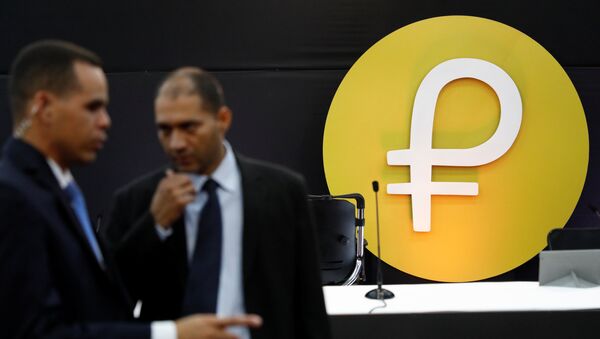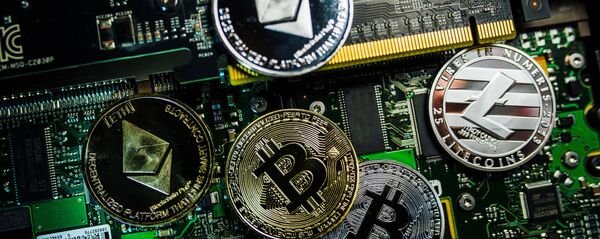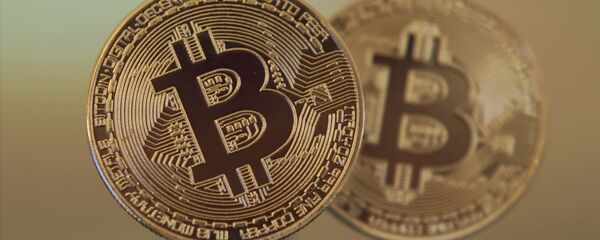Venezuela's petro token raised $735 million on the first day of a pre-sale, President Nicolas Maduro announced Tuesday.
First, the petro is backed by Venezuela's 5 billion barrels of oil reserves, which guarantees the security of the buyer's assets. Oil is a physical product currently costing about $60 per barrel, while other cryptocurrencies' prices are typically based on the market's supply and demand. Each unit of the petro is pegged to the price of one barrel of Venezuelan oil.
READ MORE: Venezuela's 'Mega Elections': What Are the Scenarios?
"Our biggest strength is that we have 5 billion barrels of oil worth $300 billion, and the government is ready to answer to obligations at any time," Vargas said.
Users can keep track of the currency so investors don't use it in money laundering. Unlike other popular cryptocurrencies, the petro's white paper stipulates that the provenance of the money with which petro is purchased must be able to be shown.
"The problem of money laundering has always been there, both in operations with traditional currencies and in cryptocurrency. However, the global tendency toward transparency and the user's conscious choice is becoming a new trend," Vargas said, stressing that the petro aligns with these principles.
READ MORE: Venezuela's Oil-Backed Cryptocurrency Aims to 'Evade US Controls' — Scholar
He said that Venezuela will levy a tax on the petro after the temporary period during which the conditions are created for the cryptocurrency's development in the country.




